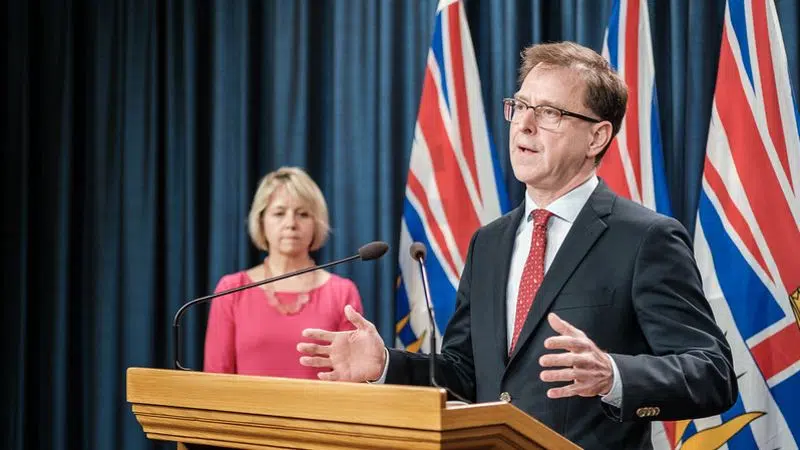
B.C. health minister explains why specific locations of COVID-19 cases are not disclosed
KAMLOOPS — B.C.’s health minister says it’s not too late to join the fight against COVID-19, and communities like Kamloops are in a prime position to limit the spread of the virus.
Speaking to CFJC Today on Monday (Mar. 30), Adrian Dix said regions like the Interior and Northern health authorities are experiencing an increase in community transfer cases.
“In the North and the Interior, still there’s a higher percentage of travel cases because the main community cases have been in Metro Vancouver,” Dix said. “So in the Northern Health Authority — and again in the Interior Health Authority you still see more travel-related cases — either related to cruise ship travel or travels to destinations.”


